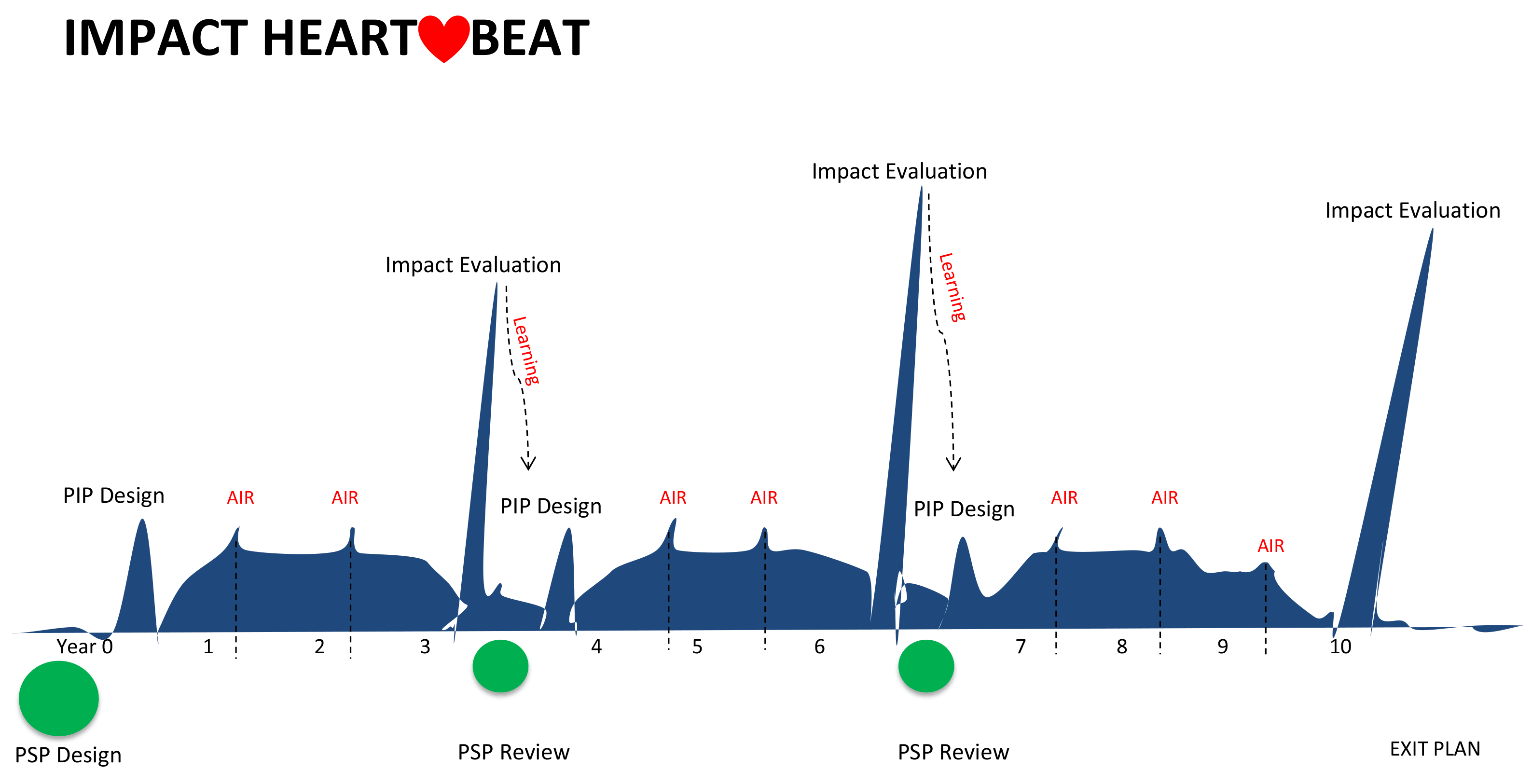For Oxfam, accountability requires us to regularly and honestly assess the quality of our work, share and learn from our findings with primary stakeholders, and apply that learning in future work. At the same time, accountability demands that Oxfam build the capacity of partners so that they themselves develop more effective practice in monitoring, evaluation, and learning. We also recognize that the solutions we seek are elusive, and that we must remain accountable to ourselves to learn—for without learning we will not improve our practice, and at worst do harm.
Oxfam America's innovative approach to monitoring, evaluation and learning sets a high standard within the wider Oxfam confederation, as well as for international NGOs as a whole. Evaluation is an integral component of the learning cycle which is essential for maximizing Oxfam’s effectiveness in achieving our mission. There are agency-wide policies and systems on evaluation across our entire portfolio of work, including our innovation projects, rights based programs, humanitarian work and our advocacy initiatives and campaigns.
As part of this commitment to learning and accountability, Oxfam America has made a large investment in MEL (monitoring, evaluation, and learning) since 2006, with a central unit (LEAD — Learning, Evaluation and Accountability Department), regional MEL staff, coordinators for MEL of large initiatives, and thematic MEL advisors and managers (i.e. Policy and Campaigns, Humanitarian, Private Sector, etc.). As of 2013, 22 specialized staff are devoted to MEL, and a broader cadre of staff have MEL functions as part of their work. This investment represents a major shift in our culture and practice towards greater accountability and improved systems for learning. While this process of change has not been without challenges, Oxfam remains committed to the task.

As a result of our continued investments, all long-term programs, major campaigns, and key innovation projects have a rigorous monitoring, evaluation, and learning system. The system includes:
- A baseline or assessment of the situation prior to intervention;
- A monitoring system with quarterly or midterm reports documenting progress against plans;
- Annual (or quarterly for faster-paced advocacy and campaign initiatives) reviews that document aggregate evidence, and bring stakeholders together for reflections on progress;
- An evaluation every three to four years and/or when an initiative finishes.
This Impact Heartbeat portrays how our long-term programs evaluate their work. PIP = Program Implementation Plan; AIR = Annual Impact Report; PSP = Program Strategy Paper
For overviews of our policy, humanitarian, and international development work, including objectives, research, evaluations, as well as impact reports, please take some time to review various components of this website, which we have developed as part of our ongoing commitment to transparency.
